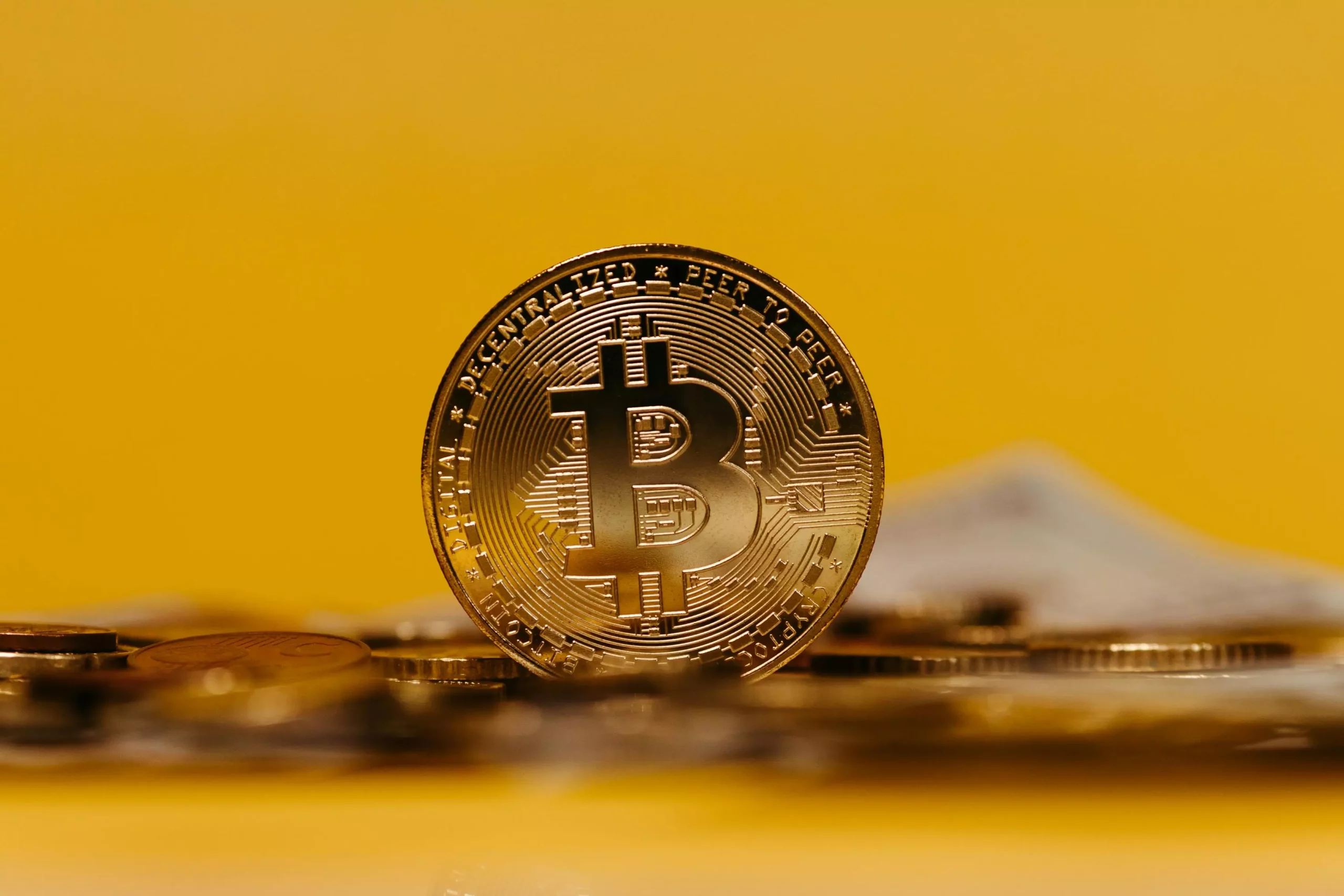In the realm of cryptocurrency, discussions often swirl around concepts that could reshape financial landscapes. One such proposal that gained attention during the recent U.S. elections was the idea of a Bitcoin Strategic Reserve. This initiative, floated by President-elect Donald Trump, has spurred heated debate among both crypto enthusiasts and skeptics. Advocates claim that positioning the U.S. as a leading player in the cryptocurrency domain could solidify its dominance in global finance. However, this vision clashes with skepticism from notable figures in the crypto community, who question its practicality and alignment with broader economic policies.
Among those expressing doubt is Ki Young Ju, the CEO of CryptoQuant, who articulates a cautious viewpoint on the likelihood of this proposal gaining ground under the new administration. Young Ju points to the intrinsic stability of the U.S. dollar and its place as a safe haven currency, suggesting that Trump may hesitate to embrace a strategy that could jeopardize its standing. In the past, gold has seen price surges during periods of perceived threat to U.S. economic dominance, suggesting that historical patterns might guide current sentiments regarding Bitcoin.
Young Ju underscores that while Bitcoin and other alternative assets could potentially rise in value if the dollar’s supremacy were challenged, there are no signs indicating imminent threats to U.S. economic power. Investor confidence in the dollar remains strong, dampening the necessity for a strategic reserve of Bitcoin at this juncture.
The debate around cryptocurrency often draws parallels to the gold standard discussions of the late 20th century. During times when the U.S. felt challenged—both economically and politically—the conversation surrounding gold as a stable alternative intensified. Figures like Peter Schiff gained prominence back then, promoting gold as a fundamental store of value. By revisiting this historical context, one can better appreciate the contours of today’s financial theories, as investors weigh the benefits of digital currencies against traditional assets.
Young Ju insists that the viability of a U.S. Bitcoin reserve hinges on the broader health of the U.S. economy and the perception of the dollar in international markets. It entails a dynamic loop, wherein policy decisions, economic performance, and global sentiment influence one another. Any serious traction for the Bitcoin reserve proposal will likely occur only when investors perceive real threats to the dollar’s global dominance, he opines.
Despite the prevailing skepticism, it’s worth noting that the United States currently leads the world in Bitcoin processing. Data from 2022 indicated that the U.S. accounted for a staggering 37.8% of global Bitcoin transactions, positioning it as a frontrunner in crypto mining. This dominance raises questions about the feasibility of a Bitcoin Strategic Reserve. Would such a reserve provide a substantial strategic advantage, or would it simply be an addendum to an already substantial U.S. presence in cryptocurrency?
As the political landscape evolves, Young Ju believes Trump’s approach towards Bitcoin could change as well. If Trump manages to project economic resilience and bolster the dollar’s status, it could weaken the impetus for a robust pro-Bitcoin policy. The dynamic between Trump’s potential strategies and broader economic signs will significantly determine how cryptocurrency will be addressed moving forward.
Ultimately, the fate of the Bitcoin Strategic Reserve becomes a question of priorities. As Young Ju highlights, the core challenge lies in aligning any crypto advocacy with the existing economic directives and public expectations. Trump may find himself at a crossroads where stepping back from strong pro-Bitcoin rhetoric may be necessary to preserve political capital without alienating his voter base.
The slower uptake of cryptocurrency initiatives under the current administration, amidst prevailing confidence in dollar stability, may reflect a broader reluctance to disrupt financial ecosystems that have long favored traditional assets. As discussions around the Bitcoin reserve continue, the outcome remains uncertain and layered with implications for investors, policymakers, and the cryptocurrency community at large.

